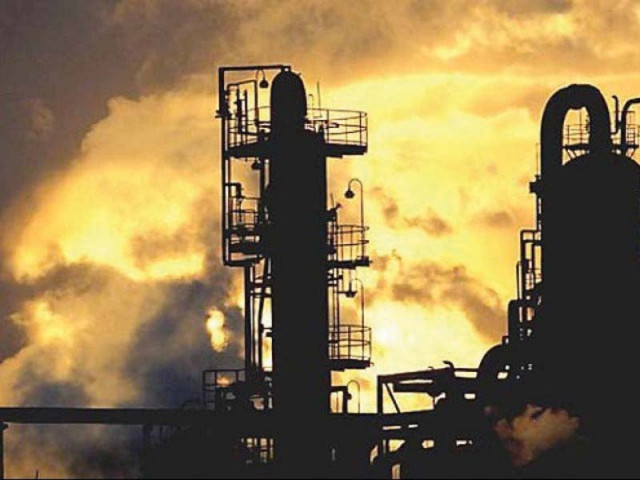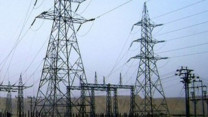Outdated refineries seek protection to keep running
May face shutdown if furnace oil supply remains suspended

Oil refineries. PHOTO: FILE
“Refineries may issue an SOS (save our soul) call anytime,” a person familiar with the development told The Express Tribune.
“Refineries may face shutdown in the next 8-10 days if the supply of furnace oil (to power plants and ships) remains suspended,” a high official at a refinery said.
Attock Refinery Limited (ARL) CEO Adil Khattak said “the refineries are operating (on an average) at 60-70% of the installed capacities these days.”
Petroleum Division seeks Rs6.6b for LNG supply
“Yes, we have held a couple of meetings with government officials to find out a workable solution. However, it would be too early to say anything about what would be the workable solution. The government may establish a working group in this regard,” he said.
Industry sources, however, said industry officials had demanded “protectionist policies” from the government, including switching over to oil-based power plants to resume furnace oil supplies from the storage tanks, which were about to spill over.
Secondly, they have urged the government to devise a policy to keep furnace oil prices at favourable levels to support the industry in these crisis times since prices have dropped over 50% to Rs36,000 per ton in the past two and a half months globally.
“Production of around 2,000 megawatts of electricity from furnace oil will address the issue of excessive supplies at refineries. Pricing, however, may remain an issue, going forward,” a source said.
The drop in prices came after the United Nations’ International Maritime Organisation (IMO) banned the use of furnace oil having high sulphur content in ships and called for replacing it with low sulphur furnace oil with effect from January 1, 2020.
“Almost all the refineries around the world (except for those in Pakistan) have upgraded technology to produce low sulphur furnace oil. Even India has become IMO-compliant in October,” JS Global analyst Arsalan Ahmed said recently.
“Nadeem Babar (Special Assistant to Prime Minister on Petroleum) has asked refinery officials to suggest a proper plan to reinvent the refineries as they continue to operate with outdated technology,” a source said.
Babar had earlier called for shutting down most of the refineries in Pakistan since the old technology cannot convert furnace oil into petrol and diesel.
Refineries need favourable prices since they have reported massive losses worth billions of rupees in the past one year. “How can we invest millions of dollars in deploying new technologies when we have continued to book losses for quite a long time,” the source said.
Every refinery requires fresh investment in the range of $500 million to $2 billion to deploy new technologies. It will take at least three to five years to deploy them if they begin the process today.
In Pakistan, oil refineries in hot water as low prices dent margins
“This is the third consecutive year when refineries are in trouble due to shifting in power production to cheaper and cleaner fuel - gas - from furnace oil, which is the most expensive source of electricity generation,” he said.
The government reduces power production from oil-fired plants, especially in the winter season, when demand for electricity declines.
A massive gas shortfall of over 50% this winter, which has led to a suspension of gas supply to factories in Punjab and CNG stations in Sindh and Balochistan, has raised hopes that the refineries will come back to life.
Published in The Express Tribune, December 22nd, 2019.
Like Business on Facebook, follow @TribuneBiz on Twitter to stay informed and join in the conversation.



















COMMENTS
Comments are moderated and generally will be posted if they are on-topic and not abusive.
For more information, please see our Comments FAQ